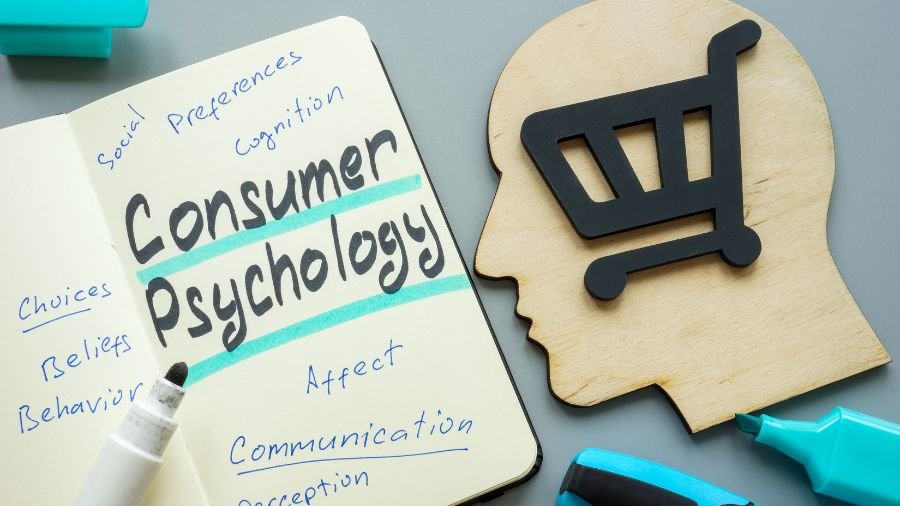Introduction
Online reviews have evolved from being mere opinions to becoming critical factors in shaping consumer behavior. Understanding why and how people trust and engage with online reviews is not only fascinating but also essential for businesses striving to gain a competitive edge in the digital marketplace.
Why Online Reviews Matter
Building Trust and Credibility
Online reviews provide social proof of a product or service’s quality and reliability. They help consumers build trust in a brand they may have never encountered before.
Reducing Information Overload
In an age of information overload, online reviews help consumers filter through vast amounts of data quickly. They offer concise, real-world experiences that aid decision-making.
Influencing Purchase Decisions
Consumers often look for online reviews to validate their purchase decisions. Positive reviews can sway them towards a purchase, while negative ones might lead them to reconsider.
The Psychology of Trust
Perceived Expertise
Consumers tend to trust reviews from perceived experts or authority figures. For instance, they might give more weight to a review from a renowned tech blogger when purchasing electronic gadgets.
Consensus
When many people share the same opinion in online reviews, it reinforces trust. The more reviews affirming a product or service, the more reliable it appears.
Recency
Recent reviews are considered more relevant, as they reflect the current state of a product or service. Outdated reviews may not accurately represent the consumer experience.
The Power of Social Proof
Influence of Peers
Consumers often trust the opinions of their peers more than those of experts. Positive reviews from people in their social circle or demographic hold significant sway.
FOMO (Fear of Missing Out)
The fear of missing out on a great product or experience drives consumers to make decisions based on the positive experiences shared in reviews.
User-Generated Content
Content created by other consumers, such as photos or videos showcasing products or services, can provide powerful social proof.
The Influence of Emotions
Emotional Connection
Reviews that evoke emotions—whether through storytelling, humor, or empathy—tend to resonate more with consumers. Emotional engagement can lead to trust and action.
Managing Negative Emotions
How a business handles negative reviews can impact consumer perception. Responding with empathy and solutions can turn negative experiences into positive ones.
The Quest for Authenticity
Genuine Experiences
Consumers value authentic, unfiltered experiences in online reviews. They seek transparency and honesty, even if the review is not entirely positive.
Detection of Fake Reviews
Consumers have become adept at spotting fake reviews. Businesses attempting to deceive through fabricated reviews risk losing trust and credibility.
Conclusion
Understanding the psychology behind online reviews is pivotal for businesses seeking to harness their influence effectively. It’s not merely about accumulating positive reviews but also about building trust, providing authentic experiences, and resonating with the emotions of your audience. By embracing these psychological drivers, businesses can not only gain the trust of consumers but also convert that trust into action—ultimately driving revenue and growth.
FAQs
1. Why do consumers rely so heavily on online reviews?
Consumers trust online reviews because they provide social proof, reduce information overload, and influence purchase decisions based on the experiences of others.
2. What makes a review trustworthy?
Trustworthy reviews often come from perceived experts, have a consensus among reviewers, and are recent, reflecting current experiences.
3. How do emotions play a role in online reviews?
Emotions can influence consumer trust and action. Reviews that evoke emotions and businesses that manage negative emotions effectively can have a significant impact.
4. Why do consumers value authenticity in online reviews?
Authenticity in reviews builds trust. Consumers seek genuine experiences and are skilled at detecting fake reviews, which can harm a business’s credibility.
5. How can businesses use the psychology of online reviews to their advantage?
Businesses can leverage the psychology of online reviews by providing genuine experiences, engaging with emotions, and responding to reviews in a transparent and empathetic manner. This can help build trust, credibility, and ultimately drive consumer action.



